-
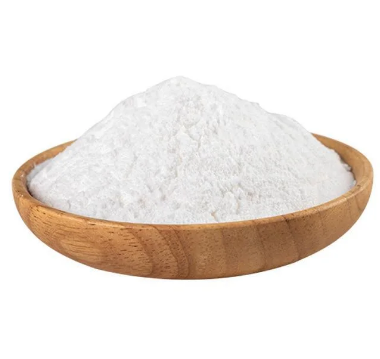
Cefotaxime sodium salt CAS:64485-93-4
Cefotaxime sodium salt is a broad-spectrum antibiotic that belongs to the cephalosporin class. It is widely used in medical and veterinary fields for the treatment of bacterial infections. Cefotaxime works by inhibiting the growth of bacteria by interfering with the synthesis of their cell walls. It is effective against a wide range of gram-negative and gram-positive bacteria, including strains that are resistant to other antibiotics. Cefotaxime sodium salt is commonly administered intravenously, but it can also be given as an intramuscular injection. It is often used to treat respiratory tract infections, urinary tract infections, skin and soft tissue infections, sepsis, meningitis, and other bacterial infections.
-
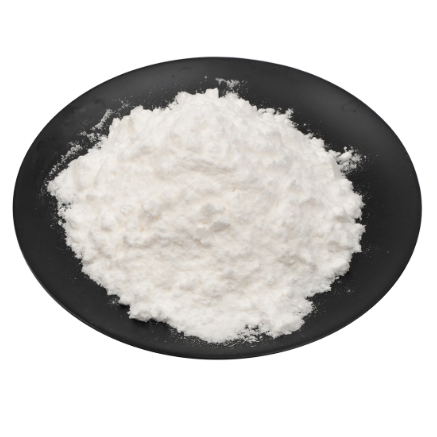
Concanavalin A CAS:11028-71-0 Manufacturer Price
Concanavalin A (Con A) is a lectin, which is a type of protein that can bind specifically to certain sugar molecules. It is derived from the seeds of the jackbean plant (Canavalia ensiformis).
Con A has a high affinity for mannose and glucose sugar residues and can bind to glycoproteins and glycolipids containing these sugars. It forms reversible complexes with these molecules through carbohydrate-protein interactions.
Due to its ability to bind sugars, Con A is commonly used in biological research and diagnostics. It has been widely used as a tool to study glycoproteins, cell surface sugars, and carbohydrate-based interactions. It can be used to isolate and purify glycoproteins by affinity chromatography, as well as to detect and quantify specific sugar moieties on cell surfaces or in complex mixtures.
Con A also has immunomodulatory properties. It can stimulate the activation and proliferation of certain immune cells, such as T lymphocytes, and has been studied for its potential therapeutic applications in immunotherapy and vaccination strategies.
-

Cyclosporin A CAS:59865-13-3 Manufacturer Price
Cyclosporin A, commonly known as cyclosporine or CsA, is a medication used primarily in organ transplant recipients to prevent the rejection of transplanted organs. It is an immunosuppressive drug that works by suppressing the activity of the immune system, specifically T cells, which are responsible for mounting an immune response against foreign substances or transplanted organs.
Cyclosporin A is commonly used in cases of kidney, liver, heart, lung, and pancreas transplants, as well as in some autoimmune diseases like rheumatoid arthritis and psoriasis. By dampening the immune system response and inhibiting the production of certain cytokines, it helps to prevent the destruction of transplanted organs or the progression of certain autoimmune disorders.
-
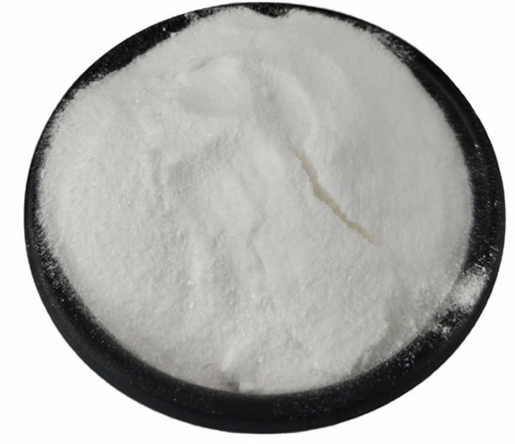
Cytochalasin B CAS:14930-96-2 Manufacturer Price
Cytochalasin B is a natural compound derived from various species of fungi. It belongs to a class of compounds known as cytochalasins, which are known for disrupting the cytoskeleton of cells.
Cytochalasin B specifically acts by inhibiting the polymerization of actin, a protein involved in cell structure and movement. By interfering with actin, cytochalasin B disrupts processes such as cell division, cell motility, and endocytosis.
Due to its ability to disrupt the cytoskeleton, cytochalasin B has applications in cell biology research. It is commonly used to study actin dynamics and its role in various cellular processes. It can also be used as a tool to investigate cell shape changes and membrane fusion events.
-

Cytochrome C CAS:9007-43-6 Manufacturer Price
Cytochrome C is a small heme protein that plays a vital role in cellular respiration. It is found in the mitochondria, where it shuttles electrons between complexes III and IV of the electron transport chain. This electron transfer process is essential for the production of ATP, the energy currency of the cell. Additionally, cytochrome C has been implicated in various other cellular functions, including apoptosis regulation and the maintenance of redox balance. Its structure and function make it a crucial component of mitochondrial function and overall cell health.
-

Amikacin sulfate salt CAS:149022-22-0
Amikacin sulfate salt is a broad-spectrum antibiotic that is used to treat severe bacterial infections. It belongs to the class of medications known as aminoglycosides.
Amikacin works by inhibiting the growth and reproduction of bacteria, preventing them from causing further infection. It is particularly effective against gram-negative bacteria, including certain strains that are resistant to other antibiotics.
This medication is typically used to treat infections in the urinary tract, respiratory system, bones, joints, and skin. It may also be used in combination with other antibiotics for more severe infections or when other treatment options have failed.
-
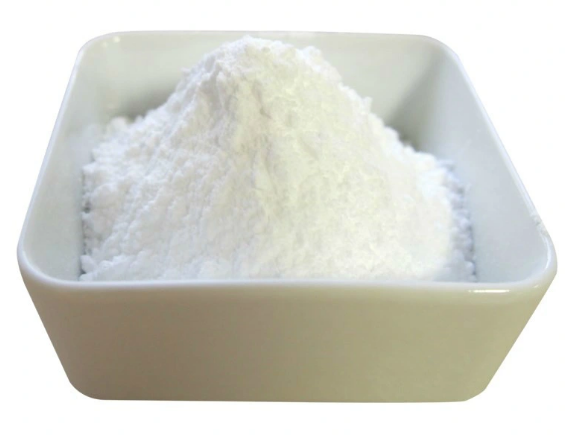
L-lysine dihydrochloride CAS:657-26-1 Manufacturer Price
L-lysine dihydrochloride is an acidic salt of L-lysine. Lysine is an essential amino acid for human development. Lysine residues are useful in many cellular processes because they are capable of accepting a variety of post-translational modifications. L-lysine dihydrochloride can be used to prepare lysine triisocyanate (LTI), which is a binder and polyurethane intermediate.
-

Amoxicillin CAS:26787-78-0 Manufacturer Price
Amoxicillin is a commonly prescribed antibiotic that belongs to the class of drugs known as penicillins. It is used to treat a wide range of bacterial infections caused by susceptible organisms.
Amoxicillin works by inhibiting the growth of bacteria by interfering with their cell wall synthesis. This prevents the bacteria from building a strong and protective cell wall, ultimately leading to their death.
It is commonly used to treat infections such as respiratory tract infections (e.g., pneumonia, bronchitis), ear infections, sinus infections, urinary tract infections, skin and soft tissue infections, and certain sexually transmitted diseases like gonorrhea.
Amoxicillin is typically taken orally as a tablet, capsule, or liquid, and the dosage and duration of treatment will vary depending on the specific infection being treated and other individual factors.
-
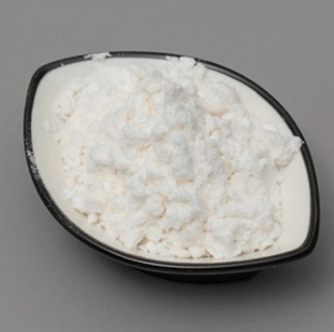
L-Lysine CAS:56-87-1 Manufacturer Price
Lysine is one of the essential amino acids in human body, which can promote human development, enhance immune function, and improve the function of central nervous system. Lysine is a basic Chemicalbook essential amino acid. Because the content of lysine in cereal foods is very low, and it is easily destroyed and lacking in the processing process, it is called the first limiting amino acid.
-
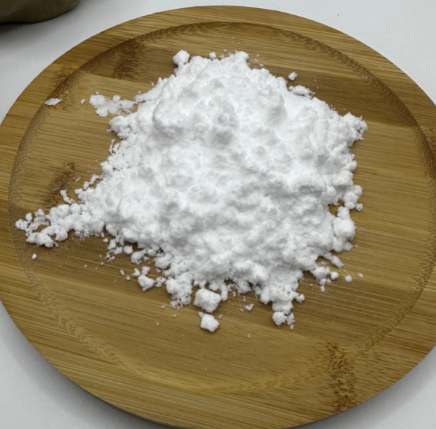
Avidin CAS:1405-69-2 Manufacturer Price
Avidin is a protein found in egg whites that has a high affinity for biotin, a B-vitamin. It forms a strong bond with biotin, making it biologically unavailable. Avidin is known for its role in preventing the absorption of biotin in the digestive system. This protein is widely used in various research applications, such as protein purification and biotin-based detection methods.
-

L-Phenylalanine CAS:63-91-2 Manufacturer Price
L-phenylalanine is one of the essential amino acids and can be used as amino acid apis. It is mainly used as a functional food additive as a nutrient fortifier, amino acid infusion and compound amino acid preparation. The product is a variety of anticancer drugs and dipeptide sweet raw materials, used in biochemical research, media preparation, medicine as amino acid nutritional drugs.
-
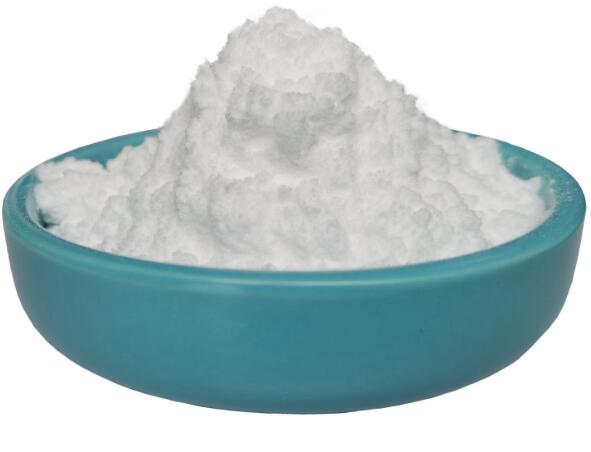
Azithromycin CAS:83905-01-5 Manufacturer Price
Azithromycin is a broad-spectrum antibiotic medication that is commonly prescribed to treat various bacterial infections. It belongs to the macrolide antibiotic class and works by inhibiting the growth and reproduction of bacteria.
Azithromycin is often used to treat respiratory tract infections, such as pneumonia, bronchitis, and sinusitis. It can also be effective in treating certain skin and soft tissue infections, sexually transmitted infections (such as chlamydia and gonorrhea), and some types of ear infections.

